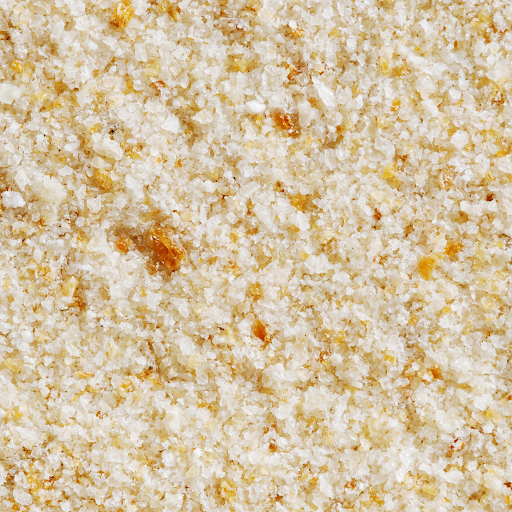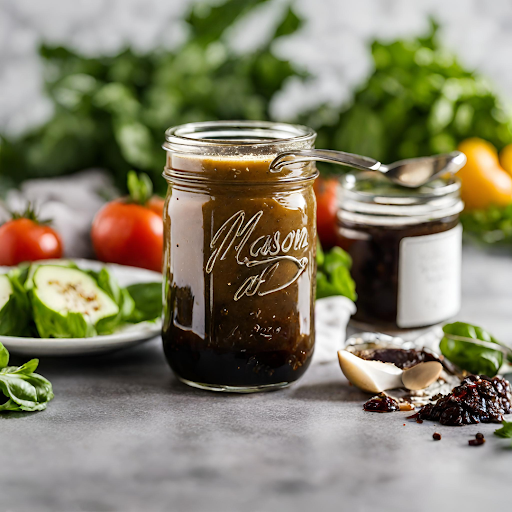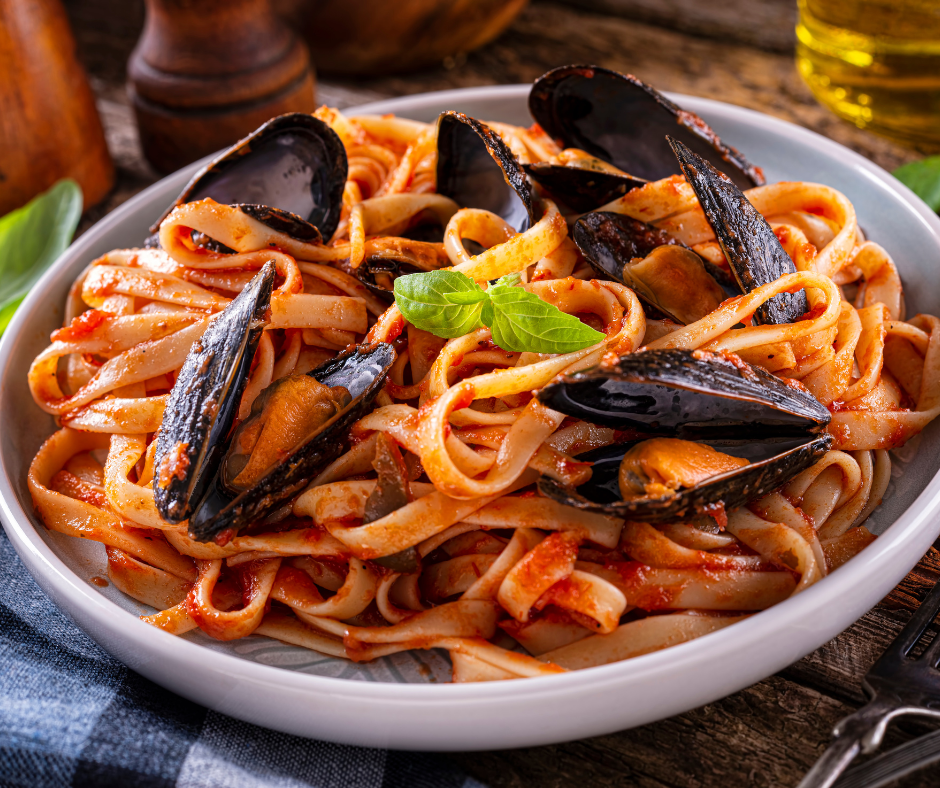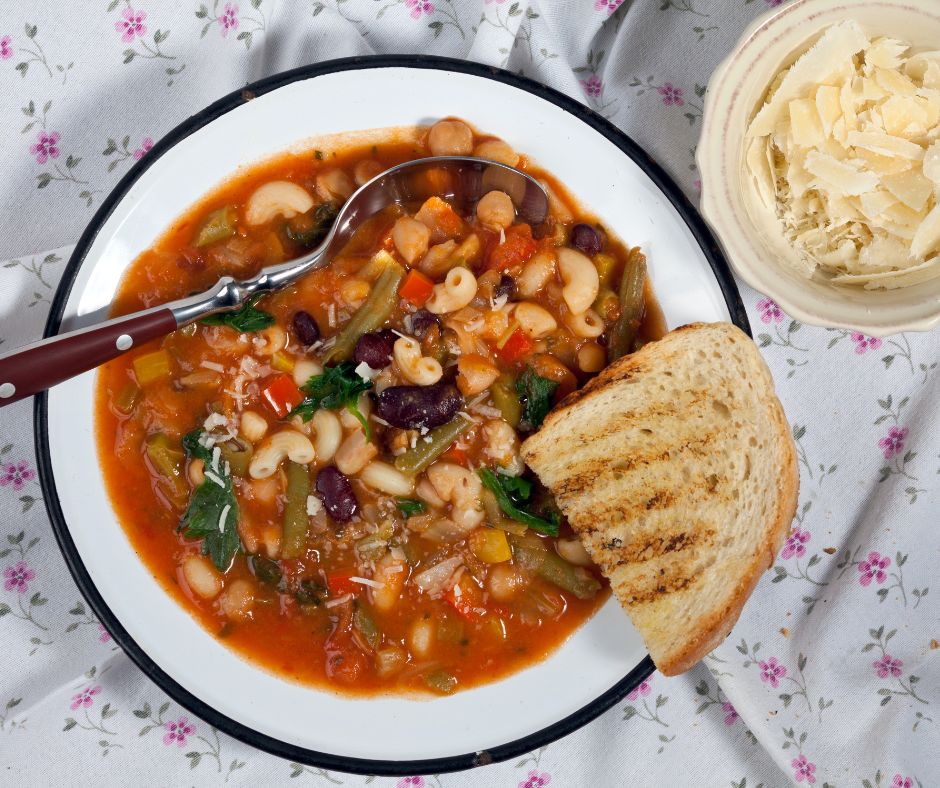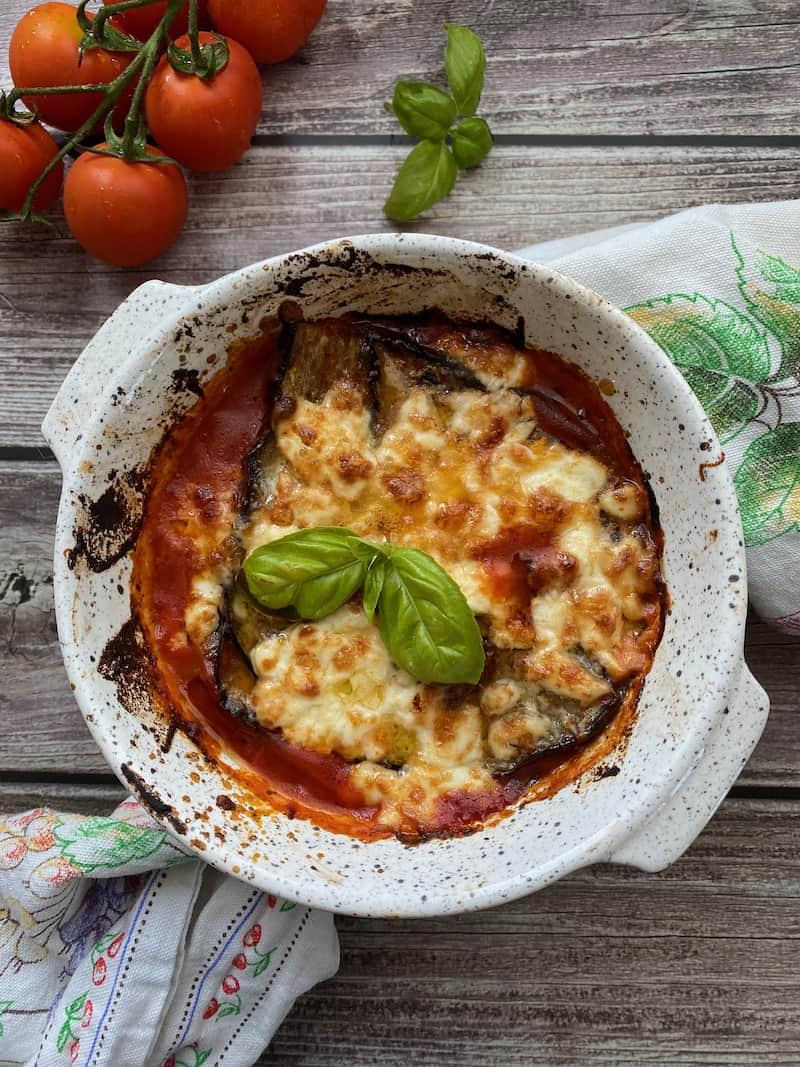I can’t tell you how many times I’ve bought a container of ricotta cheese from the grocery store with good intentions of using it for lasagna, eggplant parmesan, or blueberry pancakes. But then life happens, and the container I stuck in the back of the fridge is forgotten.
And that’s why we’re here today: to discuss the shelf life of ricotta cheese in both open and unopened plastic containers. Because if you’re anything like me, there are times when you pull something out of the fridge only to wonder if using it is still a good idea.
What is Ricotta Cheese?
Ricotta, an Italian staple, is a soft, spreadable cheese with a smooth, creamy texture. It has a delicate, milky, sweet flavor. It’s perfect for both sweet and savory dishes.
Unlike most cheeses, ricotta isn’t made from curdling milk with rennet. Instead, it’s a whey cheese made by reheating the leftover whey from producing other cheeses like mozzarella or provolone. This “recooked” whey magic (ricotta literally translates to “recooked” in Italian) creates a versatile ingredient that elevates both savory and sweet dishes.
The type of milk used can affect the flavor of the ricotta slightly, with sheep’s milk ricotta having a sharper taste compared to cow’s milk ricotta.
Ricotta is a great source of calcium, and the low-fat content makes it a good option for healthy snacking.
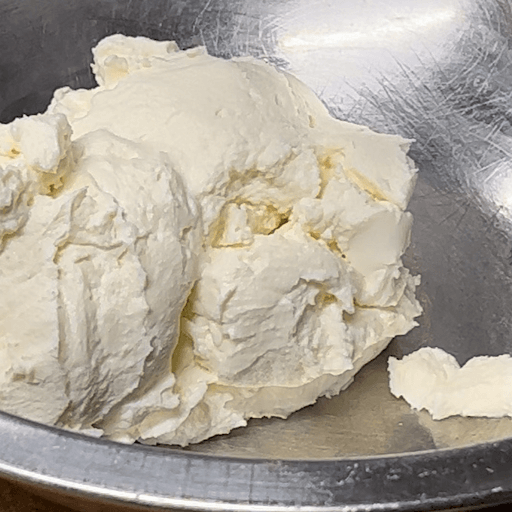
What’s the Difference Between Ricotta Cheese, Ricotta Salata, and Cream Cheese?
Aren’t we lucky to live in a world with so many types of cheese?
- Ricotta: As I discussed earlier, ricotta is a smooth and spreadable cheese with a light, milky flavor and a hint of sweetness. It’s perfect for both sweet and savory dishes. Think lasagna fillings, creamy pasta sauces, ricotta pancakes, cannoli filling, and parfaits.
- Ricotta Salata: This Sicilian cheese is essentially ricotta that’s been pressed, salted, and aged for several months. While it is a firmer cheese than ricotta salata, it still has a smooth texture, just less moisture. Thanks to the salting and aging, ricotta salata has a longer shelf life, lasting several months unopened.
- Cream Cheese: This American cheese has a thicker, denser consistency than ricotta and a tangy flavor that can vary from mild to sharp, depending on the brand. Due to its higher fat content and processing method, cream cheese generally has a longer shelf life than ricotta, lasting for several weeks unopened.
What is Ricotta Cheese Used For?
- Pasta Dishes: This Italian cheese is used for classic pasta recipes like lasagna and ravioli.
- Stuffed Veggies: Breathe life into bell peppers, portobello mushrooms, or eggplant parmesan with ricotta mixture.
- Spreads and Dips: Combine ricotta with fresh herbs, a sprinkle of black pepper, a drizzle of olive oil, and a squeeze of lemon juice to make a fun party dip.
- Pizzas: Swap out the usual mozzarella for ricotta on your next pizza.
- Pancakes: Start your day on a sweet note with light and fluffy ricotta pancakes.
- Cannoli: Ricotta is the heart and soul of this traditional Sicilian dessert.
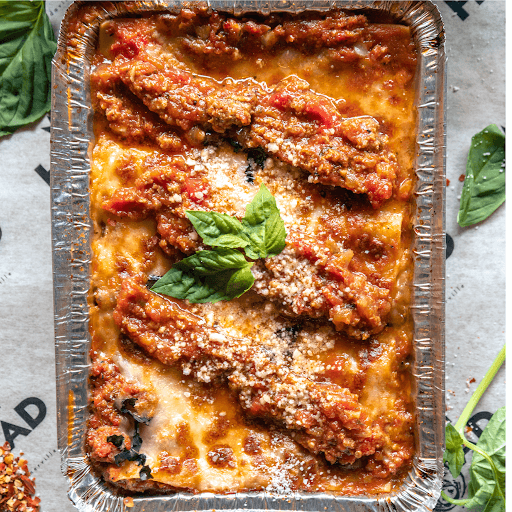
What are Some Good Ricotta Cheese Substitutes?
- Cottage Cheese: Cottage cheese is similar in texture and, like ricotta cheese, has a mild flavor. It can be a suitable substitute in savory dishes. However, I always recommend draining any excess liquid before using it.
- Cream Cheese: Cream cheese is denser than ricotta and can be a good substitute in salads and spreads. Due to its richer flavor profile, I often have to adjust the amount I use.
- Greek Yogurt: Greek yogurt is a great lighter substitute in savory dishes. It offers a tangier flavor profile than ricotta, so adjust seasonings accordingly.
Pairing Ricotta with Wine:
Ricotta’s versatility extends beyond the kitchen. Depending on the dish, you can pair it with different types of wine.
- Sparkling Wines: Pair light and creamy ricotta appetizers or desserts with a dry prosecco or champagne.
- White Wines: Unoaked or lightly oaked white wines like Pinot Grigio or Sauvignon Blanc complement the sweetness of ricotta in pasta dishes or creamy sauces.
- Rosé Wines: A dry rosé can be a delicious pairing for ricotta-based salads or pizzas.
Now that I’ve covered Ricotta Cheese 101, it’s time I get a bit nerdy with you.
Understanding Shelf Life – How Long Does Ricotta Cheese Last?
Here’s the thing about ricotta cheese. Like most soft cheeses, it doesn’t have the lasting power of a block of aged cheddar. This is because of its high moisture content, which creates a breeding ground for bacteria. So, just how long can you keep your ricotta before it’s time to say goodbye?
Sealed, Unopened Ricotta Cheese: A brand new, unopened container of ricotta is good for about two weeks in the fridge. The best-by date on the package is a helpful clue, but remember, it’s not an exact expiration date. Think of it more as a suggestion for peak quality.
Opened, Exposed Ricotta Cheese: The clock starts ticking once you crack open that container. Due to air exposure, opened ricotta will have a shorter shelf life. Air exposure is the enemy of fresh ricotta, so keeping it sealed becomes even more important after opening. Opened ricotta generally lasts for about one week in proper storage conditions. To be on the safe side, give it the sniff test. If there is any off odor, toss it. Additionally, if there are any black spots, it’s got to go. Other signs of spoilage include any discoloration, excess liquid, and texture issues (graininess, lumpiness).
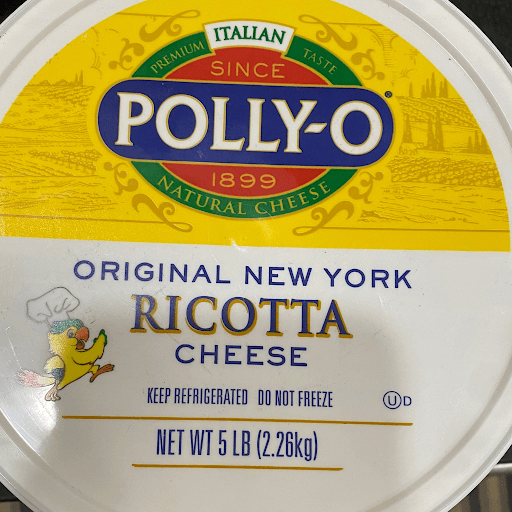
Ricotta Cheese Storage Practices
Storage conditions can significantly impact ricotta cheese. This perishable product should be kept at a cold temperature (around 35-40°F) for slowing. Avoid letting it sit at room temperature to prevent spoilage and bacterial growth. Bonus tip: Ditch the original packaging and use airtight containers or plastic wrap.
Waste Not!
As with other dairy products, prioritizing food safety is the best way to avoid food waste. In a pinch, you can freeze ricotta cheese, but you may have some texture changes after thawing. When I have leftover ricotta cheese, I place small portions in heavy-duty freezer bags or an airtight container and, for best results, use it within three months.
And that’s the ricotta rundown!
Hopefully I’ve equipped you with the knowledge to safely navigate the world of ricotta. Remember, when in doubt, a quick sniff test is the way to go. If you have any questions about ricotta, substitutions, or even fun recipe ideas, feel free to leave a comment below – I’m always happy to chat cheese!



